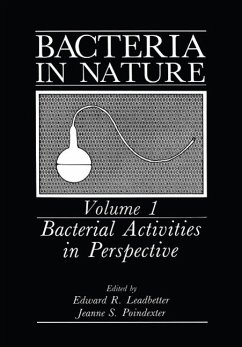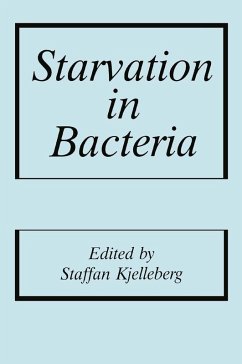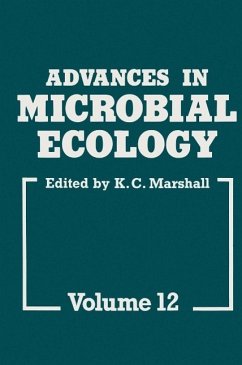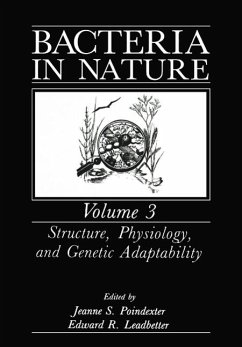
Environmental Biotechnology for Waste Treatment (eBook, PDF)
Versandkostenfrei!
Sofort per Download lieferbar
72,95 €
inkl. MwSt.
Weitere Ausgaben:

PAYBACK Punkte
36 °P sammeln!
The use of biotechnical processes in control of environmental pollution and in haz ardous waste treatment is viewed as an advantageous alternative or adduct to phys ical chemical treatment technologies. Yet, the development and implementation of both conventional and advanced biotechnologies in predictable and efficacious field applications suffer from numerous technical, regulatory, and societal uncertainties. With the application of modern molecular biology and genetic engineering, there is clear potential for biotechnical developments that will lead to breakthroughs in controlled and optimi...
The use of biotechnical processes in control of environmental pollution and in haz ardous waste treatment is viewed as an advantageous alternative or adduct to phys ical chemical treatment technologies. Yet, the development and implementation of both conventional and advanced biotechnologies in predictable and efficacious field applications suffer from numerous technical, regulatory, and societal uncertainties. With the application of modern molecular biology and genetic engineering, there is clear potential for biotechnical developments that will lead to breakthroughs in controlled and optimized hazardous waste treatment for in situ and unit process use. There is, however, great concern that the development of these technologies may be needlessly hindered in their applications and that the fundamental research base may not be able to sustain continued technology development. Some of these issues have been discussed in a fragmented fashion within the research and development community. A basic research agenda has been established to promote a sustainable cross-disciplinary technology base. This agenda includes developing new and improved strains for biodegradation, improving bioanalytical methods to measure strain and biodegradation performance, and providing an in tegrated environmental and reactor systems analysis approach for process control and optimization.
Dieser Download kann aus rechtlichen Gründen nur mit Rechnungsadresse in A, B, BG, CY, CZ, D, DK, EW, E, FIN, F, GR, HR, H, IRL, I, LT, L, LR, M, NL, PL, P, R, S, SLO, SK ausgeliefert werden.












